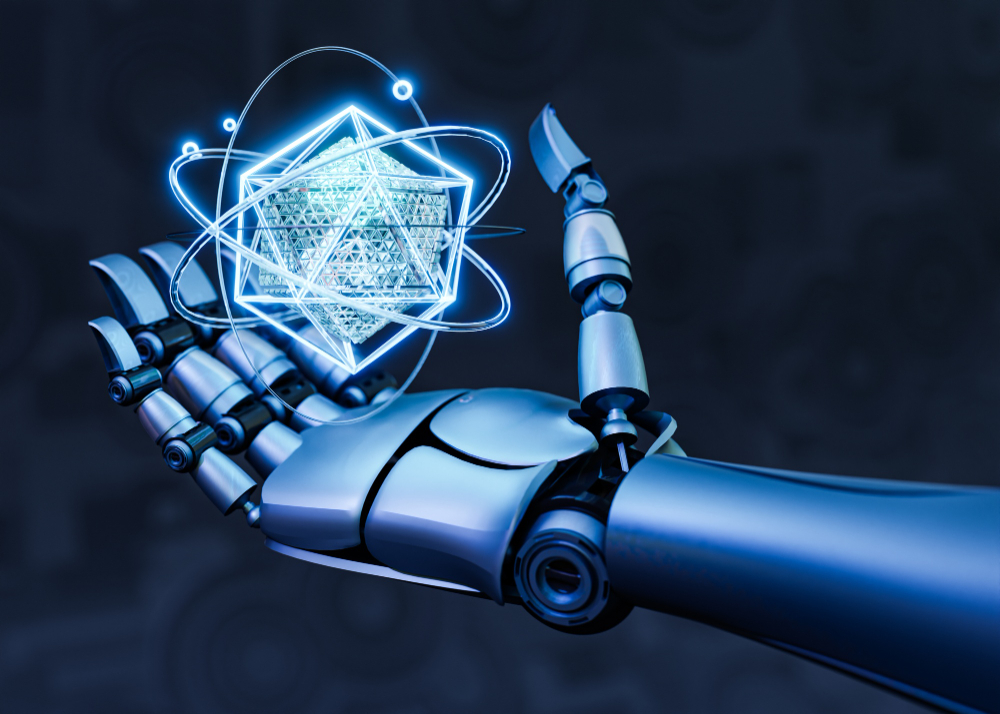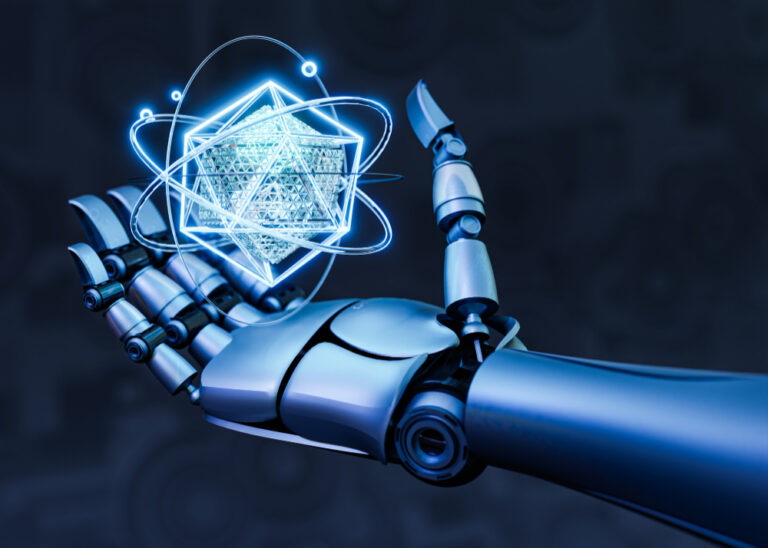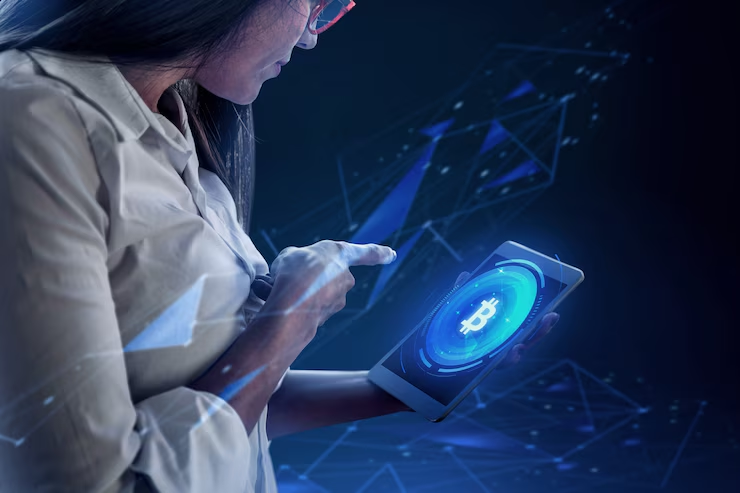Artificial Intelligence (AI) has emerged as one of the most transformative technologies of the 21st century. From virtual assistants and recommendation systems to self-driving cars and medical diagnostics, AI is reshaping how we live, work, and interact. As it continues to evolve, understanding its fundamentals, applications, and implications is more important than ever.
What is Artificial Intelligence?
AI refers to the simulation of human intelligence in machines that are programmed to think, reason, learn, and make decisions. It involves various subfields, including machine learning, natural language processing, robotics, and computer vision. The goal of AI is to enable computers to perform tasks that typically require human intelligence, such as understanding language, recognizing images, and solving problems.
Types of AI
- Narrow AI – Designed to perform a specific task (e.g., Siri, Google Maps).
- General AI – Has the ability to perform any intellectual task that a human can do (still theoretical).
- Superintelligent AI – A future concept where machines surpass human intelligence in all aspects.
Applications of AI
- Healthcare: AI aids in diagnostics, drug discovery, and personalized medicine.
- Finance: Used in fraud detection, algorithmic trading, and customer service bots.
- Marketing: Powers predictive analytics, ad targeting, and chatbots.
- Transportation: Integral to autonomous vehicles and traffic management.
- Education: Enables adaptive learning, automated grading, and virtual tutors.
Benefits of AI
- Increases efficiency and automation.
- Reduces human error.
- Enhances decision-making through data analysis.
- Enables 24/7 customer support.
- Drives innovation in numerous fields.
Challenges and Concerns
- Job Displacement: Automation may replace certain types of jobs.
- Bias in Algorithms: AI can perpetuate and even amplify existing biases.
- Data Privacy: AI relies heavily on data, raising privacy concerns.
- Ethical Dilemmas: Questions around surveillance, decision-making, and control.
- Security: Risk of misuse in cyberattacks or autonomous weapon systems.
The Future of AI
As AI technology continues to advance, its impact will only grow. Future developments may lead to more human-like interactions, improved medical outcomes, sustainable solutions for climate change, and smarter cities. However, it is crucial to balance innovation with ethical considerations, regulations, and inclusive growth to ensure AI benefits all of humanity.

















